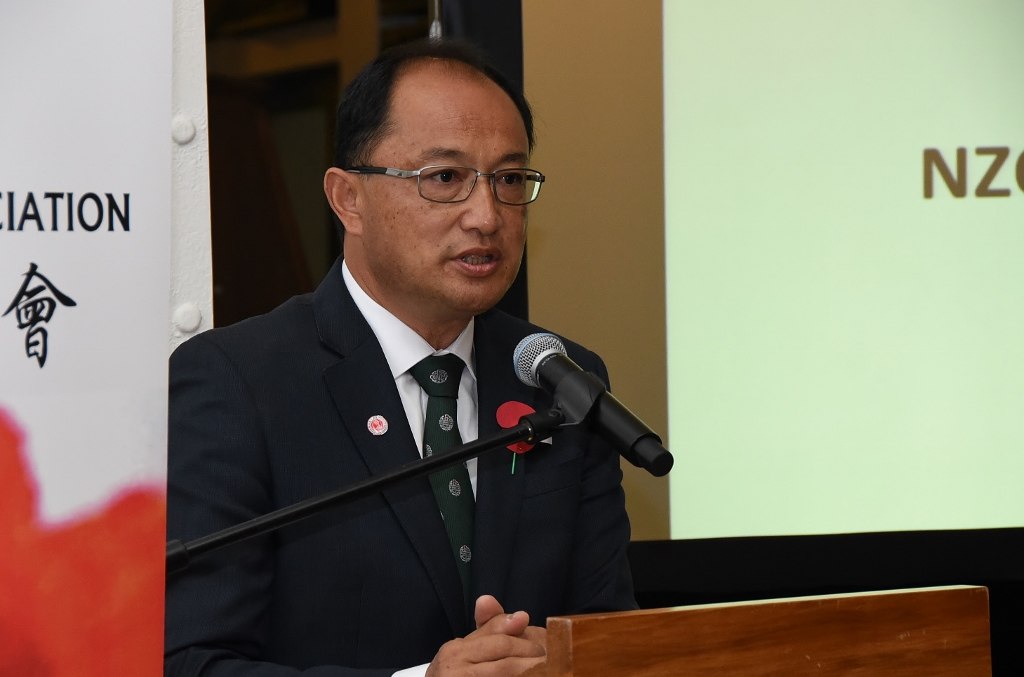In brief
- This varies with rank, but public servants are not supposed to take political positions, publicly, as part of their work.
- Can thoroughbred ideologues really turn their true selves off during working hours?
- Highly partisan reports currently produced by government officials and appointees suggest many are not able to be neutral.
- Can the Pandora’s box of partisan public servants be closed?
The importance of neutrality within the public service
Legally, public officials need to be politically neutral, at least at work, for a number of reasons. One is because their profile and platform is funded by the taxpayer who may not share their views. Another is so the public service can be relied upon to faithfully implement the policies of the government of the day and can also be relied on for objective information Their impartiality ensures the service maintains a consistency through a change of governments.
But is it enough that people can present as politically neutral at work, if they are actually very politically passionate? Because then their persona at work is more likely just a facade, almost like a double agent. Isn’t the ability to be dispassionate much more important than just maintaining the look? Anyone who wants to get something done, in the face of a staff that has other plans, can tell you the answer to that question.
The objective for a neutral public service is more likely to be achieved if the right filters are in place, up front.
Politically radical public servants distracting our current PM
Several bureaucrats and members of supposedly independent groups working on public initiatives are expressing radical and extreme ideological views. They’re issuing reports that are highly divisive, and appear to be little more than thinly-disguised partisan political policies. These distract from PM Hipkins’ stated intent to focus on bread and butter issues, in an attempt to win the election. But can these partisans be controlled after they have been given their position of influence?

Examples of these incendiary reports:
IRD released its High Net Worth study, which has a lot of suspect information, and seems like a political campaign to push a tax on the wealthy as favoured by the political left.
The Independent Electoral Review Panel has released a raft of recommendations that almost universally mirror left-wing talking points, including lowering the voting age.
Health NZ has come out with the “Equity Adjustor Score”, which potentially pushes Māori and Pasifika patients up the list for elective surgery, based on ethnicity.
The Future for Local Government review panel is heavily tilted in favour of co-governance and what many consider a radical interpretation of Te Tiriti.
Human Rights Commissioner, Paul Hunt, also appears to be an outspoken ideologue.
It’s notable that we’re experiencing this wave of politicised public officials when New Zealand’s public service has expanded by almost a third and is being criticised for a lack of productivity.
Can these leopards change their spots or do they need to be changed out of their spot?
Former head of Health NZ, Rob Campbell, shows why you can’t expect an ideologue to be able to change direction. Campbell is constantly in the media pushing his left-wing, Labour-aligned views, seemingly not realising that each time he is reinforcing the point why true neutrality is needed. The Labour government chose Campbell in the first place and that was the real mistake, more than Campbell breaching the requirement to, at least outwardly, maintain neutrality.





















